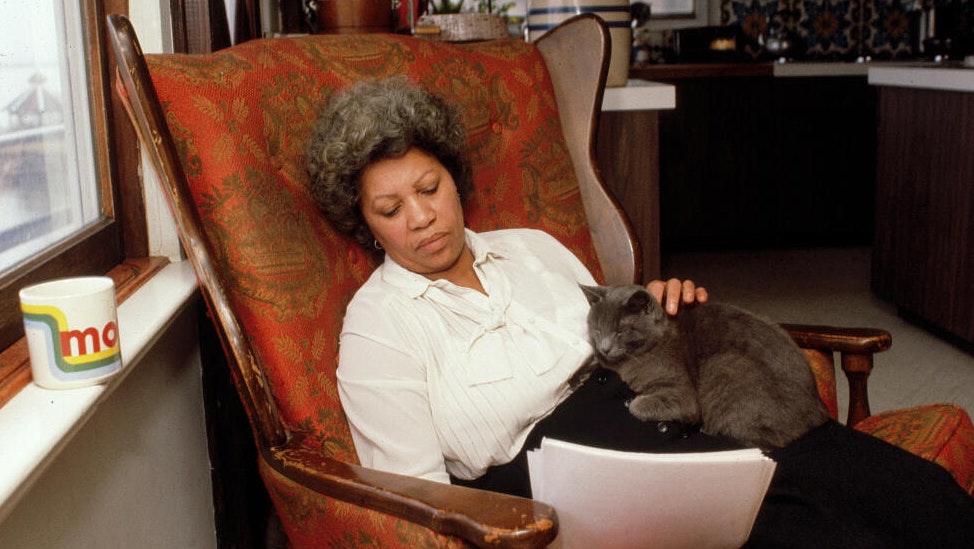Even in Publishing, Representation Matters

After a hashtag reveals startling disparities in publishing pay, fellows team up in a Radcliffe seminar to demystify the industry’s processes.
In June 2020, authors began tweeting what publishers had paid them for their work, using the hashtag #publishingpaidme. The trend immediately revealed a troubling pattern in the publishing world.
“#Publishingpaidme really showed an institutional disparity,” says Tanisha C. Ford, the 2018–2019 Lisa Goldberg Fellow at Harvard Radcliffe Institute and author of Dressed in Dreams: A Black Girl’s Love Letter to the Power of Fashion (St. Martin’s Press, 2019). “We saw Black women writers, from Roxane Gay to N. K. Jemisin to Jesmyn Ward, who shared what they received for their advances. They were paltry amounts of money.”
This year, Ford partnered with Ashley D. Farmer, the 2019–2020 Joy Foundation Fellow and author of Remaking Black Power: How Black Women Transformed an Era (University of North Carolina Press, 2017), to lead a Harvard Radcliffe Institute exploratory seminar. The seminar, titled “Writing and Publishing Black Women’s Biography in the Time of Black Lives Matter,” aimed to demystify the commercial publishing process by bringing together authors and representatives from the publishing industry. We sat down with Farmer and Ford to hear their insights from the seminar.
Harvard Radcliffe Institute: You note in the seminar description that Black women’s biography is a fast-growing literary subgenre. Despite its popularity, authors still face barriers in the publishing world. What’s happening there?
Ashley D. Farmer: The age-old questions are: Will people buy it? Will people read it? Is there an audience for it? For biographies of Black women, the answers to those questions have always been a resounding “yes,” and even more so since the rise of the Black Lives Matter movement. But many publishers still question if this genre only fits a small niche of the readership market. If there aren’t advocates for Black authors in the room—advocates that both understand the importance of the work but also understand paying that author for that work—it becomes a real issue.
HRI: Both of you are familiar with the process of publishing a book. What surprised you most during the sessions?
Tanisha C. Ford: Everyone came to the workshop open and ready to give and to share, which made traditionally taboo conversations, like finances, less daunting. I really enjoyed the session with Jennifer Baker, a senior editor at Amistad Books. She talked about advances, as well as the roles of all the people at a publishing house who have their hands on your book in some way. I’ve been through the trade publishing process once, but I still didn’t understand all the mechanics of it. Being able to understand how this process happens at the institutional level, and then talking openly in community about it, helped Ashley and me think of ways that we can support other authors as we’re going through that complex process of publishing.
HRI: What advice would you give to other authors?
TCF: I want to encourage people to understand that there are many ways to publish. Bigger isn’t always better. There are large houses that regularly publish New York Times bestsellers, but that doesn’t mean that house is the best place for your work. I really want authors to feel empowered and to know that there are other ways to publish than these more traditional and well-established entities.
ADF: You’ve got to write the book you want to write. You’ve got to tell the woman’s story that you want to tell, or your own story, if it’s memoir. Don’t worry so much about trends or fitting into the publishing world. If you’re true to what you want to write and you’re dedicated to telling that story well, it will find an audience.
This interview has been edited for clarity and length.







